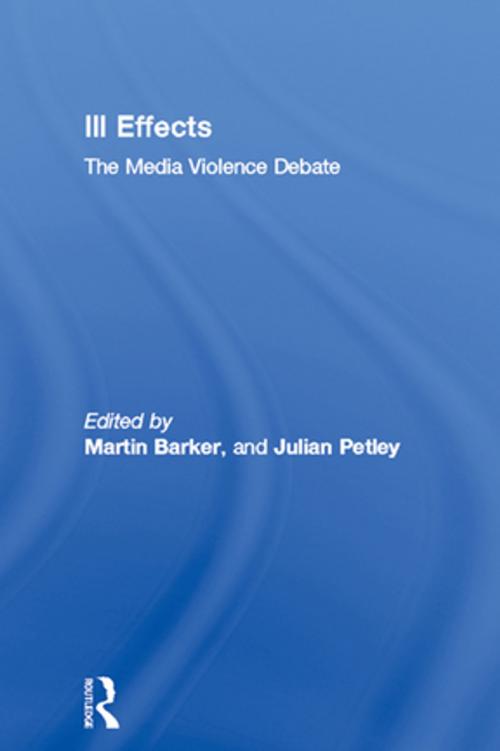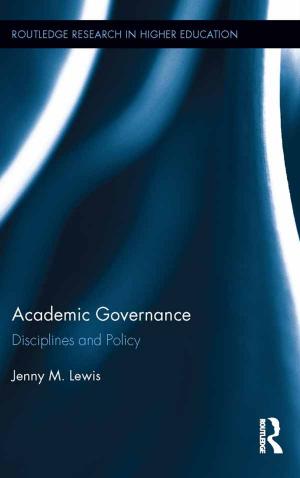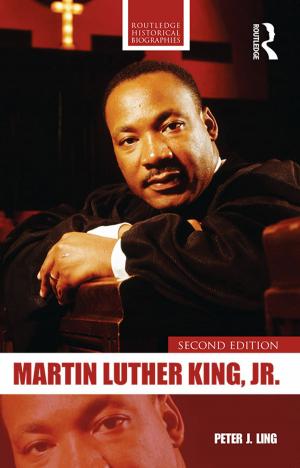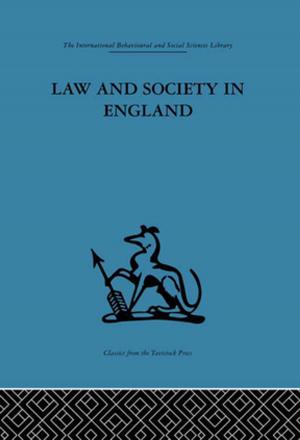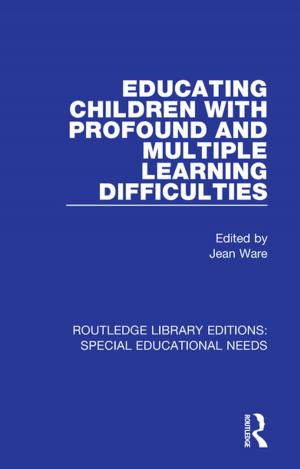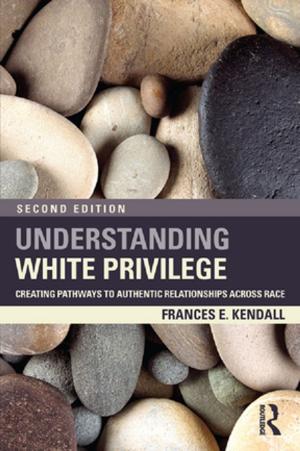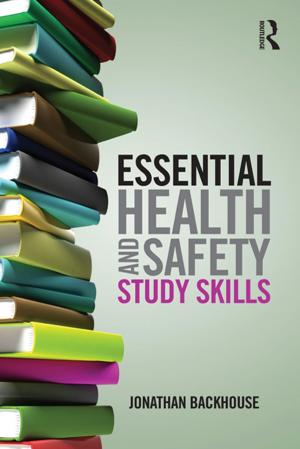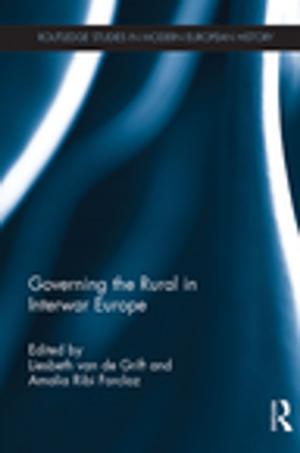| Author: | ISBN: | 9781134756735 | |
| Publisher: | Taylor and Francis | Publication: | August 21, 2013 |
| Imprint: | Routledge | Language: | English |
| Author: | |
| ISBN: | 9781134756735 |
| Publisher: | Taylor and Francis |
| Publication: | August 21, 2013 |
| Imprint: | Routledge |
| Language: | English |
Ill Effects is a radical re-examination of the whole 'media effects' debate. It questions not only whether the media is capable of directly influencing people's views and actions, but also whether the idea of 'effects' is the most useful way of conceptualising the relationship between the media and audiences. Ill Effects looks at the reasons why the media are routinely blamed for horrific events such as the murders of James Bulger and Suzanne Capper and the Hungerford massacre, as well as for perceived trends such as the alleged 'death of the family' and the rise of 'yob culture'. The authors' concern goes beyond individual cases: they discuss the development and current state of play of research into media effects, the remarkable power of 'common-sense' notions of media effects and the way in which the effects issue has become embroiled in debates about freedom of expression and censorship. They suggest how audiences really respond to media texts, and argue that there is an urgent need for informed and interdisciplinary approaches to the study of the media. Martin Barker, University of the West of England, UK Julian Petley, Brunel University,UK Pat Holland, David Buckingham, The Anneberg School for Communication,UK David Mi
Ill Effects is a radical re-examination of the whole 'media effects' debate. It questions not only whether the media is capable of directly influencing people's views and actions, but also whether the idea of 'effects' is the most useful way of conceptualising the relationship between the media and audiences. Ill Effects looks at the reasons why the media are routinely blamed for horrific events such as the murders of James Bulger and Suzanne Capper and the Hungerford massacre, as well as for perceived trends such as the alleged 'death of the family' and the rise of 'yob culture'. The authors' concern goes beyond individual cases: they discuss the development and current state of play of research into media effects, the remarkable power of 'common-sense' notions of media effects and the way in which the effects issue has become embroiled in debates about freedom of expression and censorship. They suggest how audiences really respond to media texts, and argue that there is an urgent need for informed and interdisciplinary approaches to the study of the media. Martin Barker, University of the West of England, UK Julian Petley, Brunel University,UK Pat Holland, David Buckingham, The Anneberg School for Communication,UK David Mi
